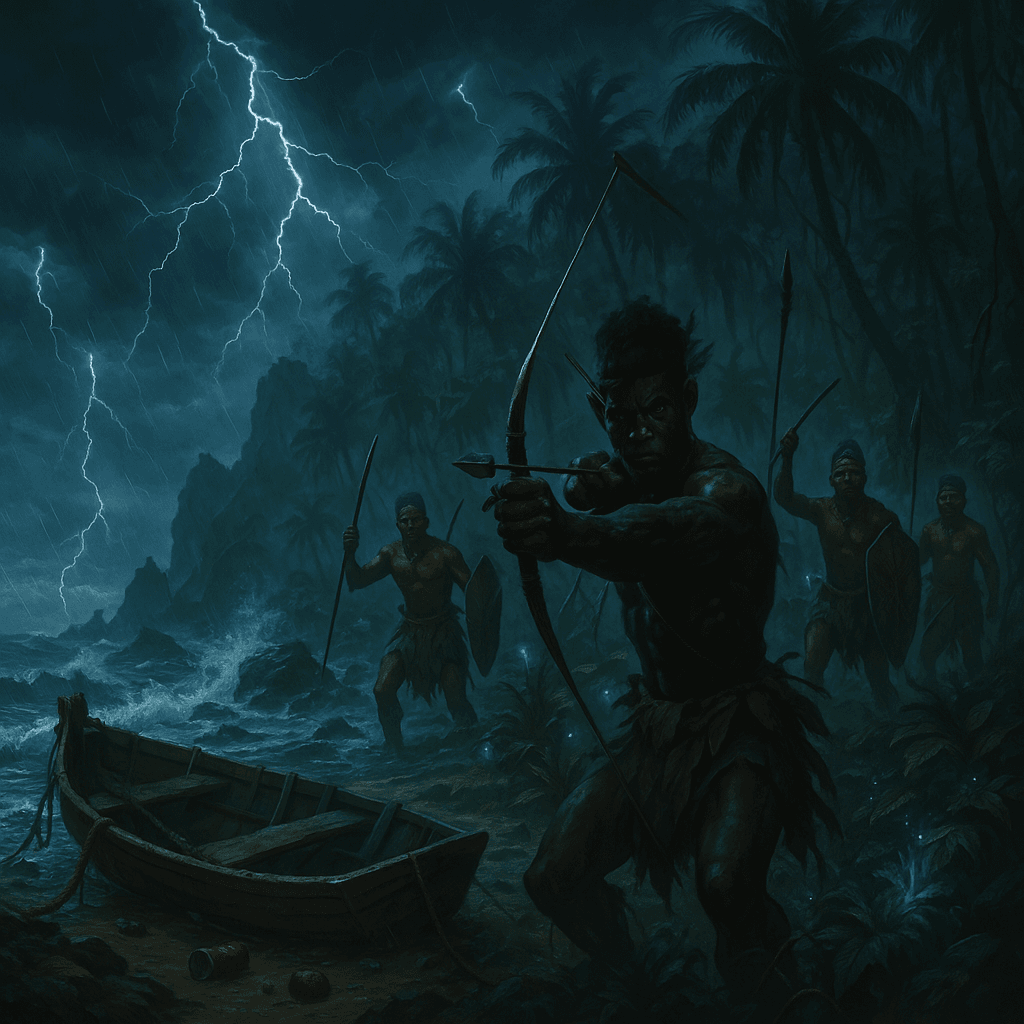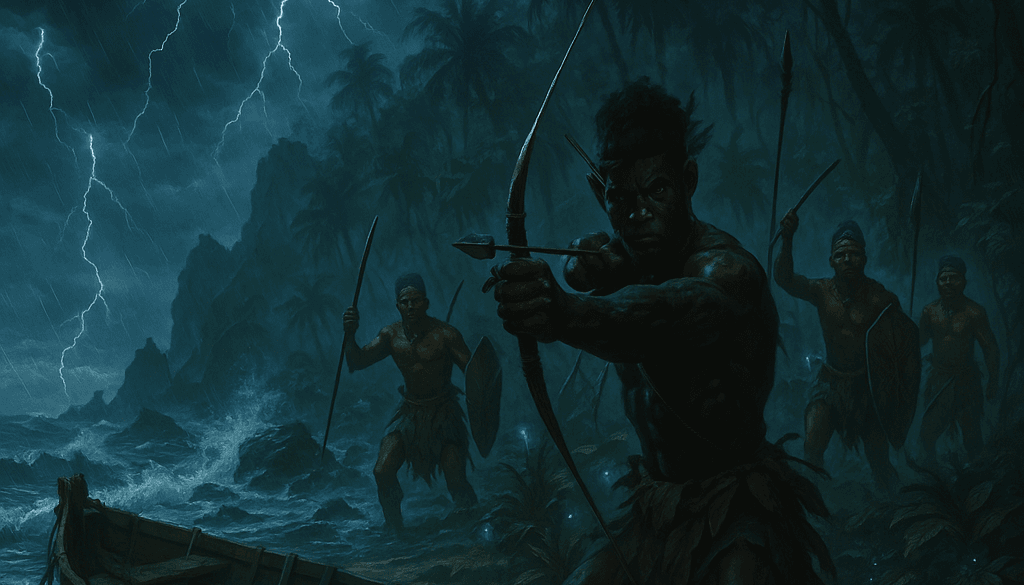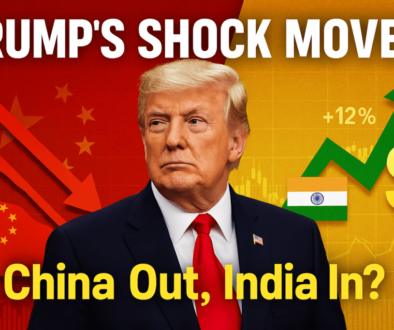The Shocking Saga of an American YouTuber’s Mikhailo Polikoff Reckless Journey to North Sentinel Island
Introduction: A Global Story That’s Capturing Attention
Hello friends, I’m Harsh, and today we’re diving deep into a incident that’s taken the international media by storm, sparking outrage, fascination, and debate. It’s about Mikhailo Polikoff, an American YouTuber of Ukrainian descent, whose father was born in Ukraine but who now calls the U.S. home. This isn’t just another viral stunt—it’s a reckless act that highlights the dangerous intersection of social media fame, cultural insensitivity, and legal boundaries. Mikhailo has a track record of visiting high-risk zones like Afghanistan, Syria, and Somalia, all in pursuit of views and likes, but his recent trip to North Sentinel Island in the Andaman and Nicobar Islands, India, is by far his most audacious and controversial move yet.
This incident isn’t isolated. It reflects a growing trend among influencers who prioritize online clout over ethics, safety, and respect for indigenous rights. North Sentinel Island, a tiny speck in the Bay of Bengal, is one of the last bastions of uncontacted humanity, and Mikhailo’s actions have raised serious questions about responsibility, legality, and the impact on vulnerable populations. Let’s unpack this story layer by layer, starting with the details of his stunt.
ALSO READ : Donald Trump’s 125% Tariff Shocks China: A Deep Dive into Global Trade, Markets, and Opportunities for India
The Incident at North Sentinel Island: A Step-by-Step Breakdown with Context

So, what exactly happened? Mikhailo reportedly chartered a boat and navigated to North Sentinel Island, a restricted area under Indian law and a UNESCO-protected site due to its uncontacted tribal population. Upon reaching the shore, he disembarked, stood on the beach, and spent an hour blowing a whistle, presumably to attract the attention of the Sentinelese tribe. He recorded the entire episode on camera, likely intending to turn it into a viral video.
To understand why this was so dangerous, let’s look at the island’s background. North Sentinel Island is part of the Andaman and Nicobar archipelago and is home to the Sentinelese, an indigenous group estimated to number between 50 and 150 people. These tribesmen have lived in isolation for thousands of years, rejecting all contact with the outside world. Their language is unknown, their customs are shrouded in mystery, and their hostility toward outsiders is well-documented. They use bows, arrows, and spears, and have a history of violently repelling intruders.
The most infamous precedent is the case of John Allen Chau, a 26-year-old American missionary who attempted to evangelize the island in 2018. Chau believed he was on a divine mission to convert the Sentinelese to Christianity. He paid local fishermen to drop him near the island, swam to shore, and was immediately attacked. The tribe killed him with arrows, and his body was either buried or left on the beach. His journal, later recovered, detailed his fear but also his determination. The Indian government, respecting the tribe’s isolation, declared the area off-limits and never retrieved Chau’s body, fearing further conflict or disease transmission.
Mikhailo, aware of Chau’s fate, still proceeded. After an hour with no response—likely because the Sentinelese were either hiding or preparing an attack—he left behind a can of Coca-Cola and a coconut as “gifts.” This act, while seemingly innocuous, was a direct violation of Indian law and international protocols designed to protect uncontacted tribes. Fortunately, he didn’t venture inland, or he might have met the same fate as Chau. At 24, Mikhailo’s age didn’t deter his pursuit of fame, but it nearly cost him his life. The craze for social media validation is so intense that some influencers, armed with GoPros and drones, are willing to risk everything for a few million views.
ALSO READ : Trump 50% Tariff on China 2025: Impact & Risks Explained
Why His Actions Were Dangerous for Everyone: Legal, Cultural, and Health Risks?
Mikhailo’s stunt wasn’t just a personal gamble—it posed grave risks to the Sentinelese and violated multiple laws. Let’s break it down:
- Legal Risks: Under the Andaman and Nicobar Islands Protection of Aboriginal Tribes Regulation of 1956, North Sentinel Island is a protected area, and unauthorized entry is strictly prohibited. The Indian government enforces a buffer zone around the island, monitored by coast guard patrols and local authorities. Mikhailo’s actions breached this regulation, which carries penalties of up to seven years in prison and fines. His arrest by the Andaman police was swift, triggered by fishermen who spotted him near South Sentinel Island and reported him. During questioning, it emerged that this wasn’t his first attempt; he had tried to visit the island before but was turned back. If convicted, he faces not only imprisonment but also international criticism for endangering a protected tribe.
- Cultural Risks: The Sentinelese have made it clear they want no contact with outsiders. Their hostility stems from a deep-seated fear of exploitation, disease, and cultural erosion—legitimate concerns given history. When European explorers first encountered indigenous groups in the Americas, Africa, and Australia, they often brought devastation. For example, in the 15th and 16th centuries, European colonizers introduced smallpox, measles, and influenza to the Americas, wiping out up to 90% of some indigenous populations who lacked immunity. In Australia, similar diseases decimated Aboriginal communities. The Sentinelese, isolated for millennia, have no immunity to common illnesses like the flu, tuberculosis, or even COVID-19. Mikhailo, vaccinated or not, could have unknowingly carried pathogens that might have wiped out the entire tribe.
- Health Risks: Experts from organizations like Survival International, which advocates for tribal rights, warn that even brief contact can be catastrophic. The Sentinelese have no access to modern medicine, no understanding of germs, and no way to combat diseases introduced from the outside. Historical examples abound: in the 20th century, when outsiders contacted other isolated tribes in the Amazon or Papua New Guinea, entire communities were decimated by illnesses as simple as the common cold. Mikhailo’s “gifts”—a Coke can and coconut—might seem harmless, but they could carry bacteria or viruses. His arrest was a blessing, as it prevented a potential disaster.
Charities and anthropologists have long urged governments and individuals to leave uncontacted tribes alone. Statements like, “It beggars belief that someone could be this reckless and idiotic,” from figures like Fiona Watson of Survival International, underscore the global outrage. Mikhailo’s actions not only endangered himself but also risked triggering a chain reaction that could have destroyed a unique cultural heritage.
ALSO READ : Global Trade War Ignites – China’s 34% Tariff on U.S. Sparks Chaos!
The Broader Implications and Call to Action: A Global Wake-Up Call
This incident isn’t just about one YouTuber—it’s a symptom of a larger problem. Social media platforms reward risk-taking with likes, shares, and subscribers, creating a culture where boundaries are blurred. In the U.S. and Europe, North Sentinel Island has become a morbid fascination, with some influencers treating it like a challenge. But it’s not a game. The Indian government’s strict no-contact policy, reinforced by incidents like the 2004 tsunami (when the Sentinelese shot arrows at a rescue helicopter), reflects a commitment to protecting both the tribe and outsiders.
We need a collective response. If you see American or foreign YouTubers romanticizing visits to North Sentinel Island, speak up. Comment on their videos, share articles, and raise awareness. Tell them it’s not just illegal under Indian law and international human rights standards—it’s a threat to human life and cultural preservation. Subscribers should push back against such content, saying, “This isn’t entertaining; it’s dangerous for everyone involved.” The more voices we have, the less likely these stunts will become normalized.
On a related note, let’s test your knowledge. North Sentinel Island isn’t the only isolated place in the news. Recently, Donald Trump imposed tariffs on Heard and McDonald Islands, a remote Australian territory inhabited only by penguins and seals. In which ocean are these islands located? Your options are: Pacific Ocean, Atlantic Ocean, Arctic Ocean, or Indian Ocean. Drop your answer in the comments, and I’ll highlight the correct ones (it’s the Indian Ocean) to educate others. This trivia ties back to global awareness and the importance of respecting isolated regions.
Conclusion: Stay Informed, Act Responsibly, and Seize Opportunities
This story of Mikhailo and North Sentinel Island is a wake-up call about the dangers of unchecked ambition and the importance of respecting isolated cultures.





India’s 16-Year Wait Ends: 26/11 Conspirator Tahawwur Rana Flown to Delhi, Will Face Trials
April 12, 2025 @ 5:20 am
[…] ALSO READ : The Shocking Saga of an American YouTuber’s Mikhailo Polikoff Reckless Journey to North Sentinel I… […]
Sam Altman Talks AI, Image Generation, and India’s Role in Tech Innovation – Key Insights from His Interview
April 13, 2025 @ 4:10 am
[…] ALSO READ : The Shocking Saga of an American YouTuber’s Mikhailo Polikoff Reckless Journey to North Sentinel I… […]
June 24, 2025 @ 3:19 am
Thanks for the insightful breakdown! It’s refreshing to see platforms like AI Analytics Assistant making AI tools more accessible and organized-especially for professionals looking to boost efficiency without the guesswork.
June 28, 2025 @ 12:51 pm
That’s a great point about immersive experiences! Modern platforms like the 888phl app are really pushing boundaries with tech – instant verification & fast deposits are game-changers for seamless play. It feels more real!